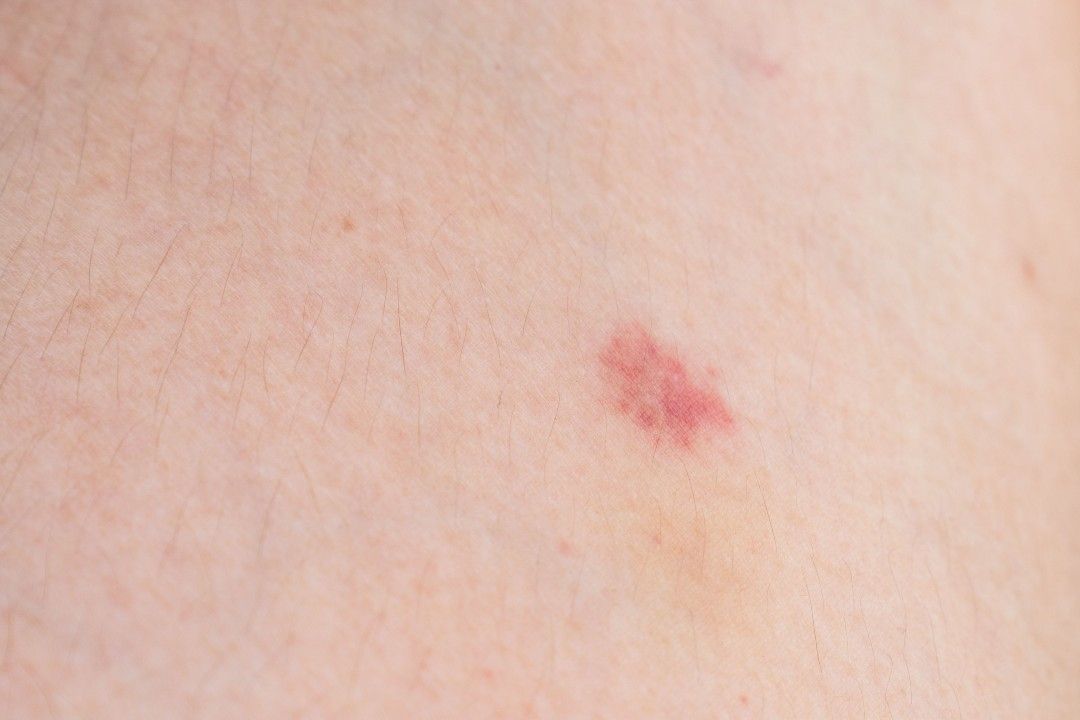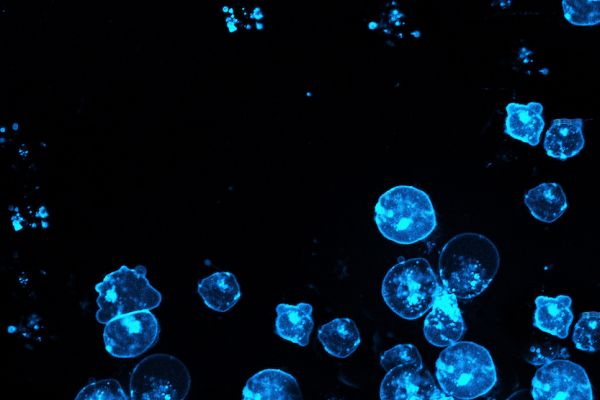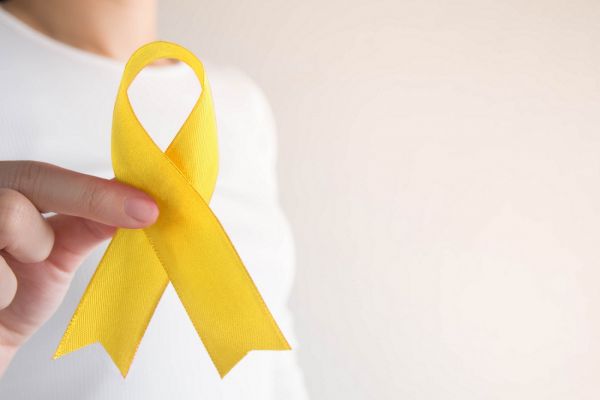These freckle-like red spots warrant a trip to the doctor
If you’ve noticed a scattering of little red spots on your skin, a condition called petechiae, it could mean that your blood is trying to tell you something. These small, flat and painless spots, created by tiny broken blood vessels in the skin, might be a symptom of leukemia — as well as a number of other nonmalignant conditions. Finding petechiae means it’s time to call a doctor for an evaluation in order to find out what’s wrong and determine how to fix it, advises Eunice Wang, MD, Chief of the Leukemia Service in the Department of Medicine at Roswell Park Comprehensive Cancer Center.
A problem with your platelets
Petechiae usually turns up on the arms and legs. “Many patients will notice a lot of scattered bright red dots on their arms or lower legs that occur with very little or no known trauma,” Dr. Wang says. “It’s a sign that a person’s platelet count is extremely low.”
A first step is blood work.
“We would recommend people come in and have a complete blood count done so we can quantify their platelet number and determine whether they might benefit from treatments to try to bring that platelet count up,” Dr. Wang says. “It’s an indication that something might be wrong with their blood system, similar to patients who develop significant bruising, blood in their urine or see blood in the sink when they brush their teeth.”
Leukemia is just one blood disorder that affects platelets. Leukemia develops when the bone marrow starts to rapidly produce abnormal white blood cells that can crowd out normal white and red blood cells and platelets. Other conditions, such as liver problems, issues with clotting factors and an odd immune reaction can create problems for platelets.
“Some of our patients develop an immune mediated syndrome called immune-mediated thrombocytopenia, in which their immune system will spontaneously and for unknown reasons start to destroy platelets,” Dr. Wang explains. “We would do some additional bloodwork and identify and address the underlying cause that led to the low platelets.”
Symptoms of leukemia
In addition to petechiae, find out other symptoms that may be a sign of leukemia.
Learn MoreTreating petechiae
Petechiae is treatable once the underlying cause is determined. With successful treatment of the underlying issue, the red freckles will go away. But if the condition is not brought to a doctor’s attention quickly, it could turn into something worse as the underlying, undiagnosed problem continues unabated. “If your platelets are that low that you’re developing petechiae, you could be at risk for further bleeding events,” Dr. Wang says.
Cancer patients may be at a higher risk of developing petechiae if they’re receiving therapy that also leads to extremely low platelet counts as a side effect. Patients with blood cancers like leukemia are at risk for developing petechiae as a result of their cancer and as a side effect of their treatment. “Therapies that we use for blood cancers are, unfortunately, not 100% specific for the eradication of blood cancer cells and can attack some normal blood cells such as platelets, too," Dr. Wang says.




